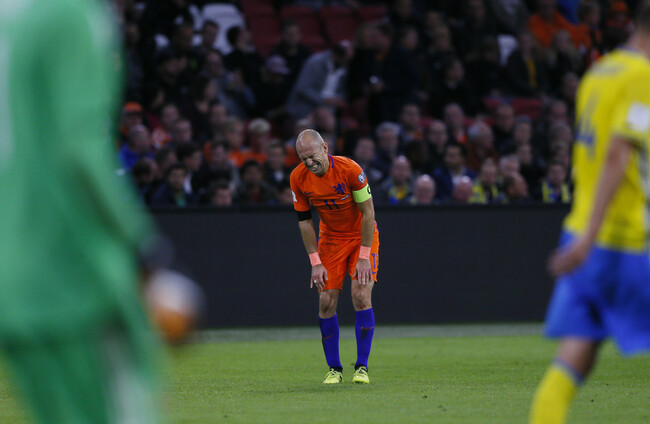Tellingly, nearly all of the successful recent exports from the Eredivisie have been players who were scouted between the ages of 16 and 19 – Uruguay’s Luis Suárez, Denmark’s Christian Eriksen and Belgium’s Toby Alderweireld found the Netherlands a prime location to hone their talent, having developed initially elsewhere.
But even if the current Holland side lacked extraordinary talents, there was sufficient quality for them at least to make the qualification play-offs. That suggests there are deeper structural problems with the national team. It is clearly more complicated than just Memphis Depay’s preference for wearing hats.
“Gibney quickly became the centre of everything for me,” he explains. “You hear other young people talking about sex and I would have thought to myself, ‘well they’re talking about it, I’m actually getting it’. It wasn’t that I was dreading the turning of the door handle of the bedroom; at the time I actually liked what was happening.”
He explains that the adult level of manipulation and emotional abuse was what left the deepest scar. “I was having a situation with someone who actually made me fall in love with them, even as the child that I was. Later when I turned around and he was gone, walked straight out of my life, that was very difficult and affected everything from then on.”
BOULOGNE-SUR-MER, France — The road back to professional soccer begins in the dark.
Two hours before dawn on the first Sunday in September, a group of 11- and 12-year-old boys have piled into a van outside their coach’s house in London to start their 17-hour workday. Some of the boys have been up since 2 a.m. in order to get on the road by 4, and most don’t leave the van until it pulls to a stop in a parking lot in France five hours later.
Only then do the boys emerge bleary eyed at the Complexe de la Waroquerie, a sports facility in this coastal city. Their appearance at the Chti’s Cup, a competitive youth tournament, is the latest stop in what for most will be an unlikely (and in most cases, fruitless) journey toward a professional soccer career.
It’s difficult to even see what rules Hill meaningfully broke with the tweets leading to her suspension, other than mildly, indirectly inconveniencing some corporations who advertise with both the NFL and ESPN. ESPN’s code of conduct forbids employees “involved in ‘hard’ news reporting” from taking political positions. But Hill can’t sensibly be judged to be a hard news reporter. In fact, when promoting her and Smith to their slot, the network made specific play of the fact that the show would include “a deliberate and well-paced conversational format in which they discuss sports topics, news, culture, and social issues”. Furthermore, the code states that outside of hard news reporting, political or social commentary is appropriate. “The topic should be related to a current issue impacting sports.”
Well … I don’t think it would be going out on a limb here to suggest this particular topic is currently impacting sports. Hill may well argue her views are not even political.
The most Patrick Beverley play from any game during his career wasn’t even a single play; it was a stretch of about three plays, because everything Patrick Beverley does feels like he’s doing it three times as hard as everyone else.
I was at the game when this happened, and as bad as it was to watch on TV, it was about 40 times worse in person. When Beverley collided with Adams, it sounded like the way it sounds if you drop a big chunk of raw meat on concrete from five stories up. There’s a scene in The Texas Chain Saw Massacre where Leatherface clubs a guy in the head with a big hammer. It sounded like that. Even just watching a GIF of it, you can still hear that thwack. (When I asked Beverley about the screen, he just smiled, shook his head, and said, “Steven Adams is a big man.”)
Subscribe to The42 podcasts here:

